For most of the year in New Orleans, the only weather issues we have to deal with are occasional afternoon monsoons and scorching humidity. The generally short-lived winter weather came a bit early this year, though, and since we in New Orleans have no idea what layering means, that’s usually our cue to huddle up in bars and living rooms.
Despite that, we were pleased to join a sizeable crowd of people turning up for New Orleans GOODFest at the outdoor Music Box Village venue. As photographers, we couldn’t be more excited about the space.
The space itself was reason enough to travel outdoors: a network of treehouse-type structures that themselves are musical instruments. Saws, chimes, and whirring turbines cohabitate in an almost ghostly neighborhood of small music huts that together function as a self-referential sculptures of the community inherent in music, a collaborative creation they’re themselves capable of.
The event was put on by GOOD and presented by Pixel, so we were even more excited about the opportunity to attend the event as Pixel photographers and put Google's new phone to the test. Tasked with capturing the night through the phone’s new camera, we immediately started exploring the unique architecture of the Music Box Village until the show started.
Familiar with the work of the evening’s featured artists--Gogol Bordello, TANK of Tank and The Bangas, and Nick Zinner of Yeah Yeah Yeahs--I was excited to hear what new and unfamiliar sounds they would draw out of these bizarre stationary instrument-structures. TANK started the evening off with a spoken-word version of Tank and the Banga’s piece “Human” that was so powerful that the crowd was immediately hushed. I was pleased to see that even in the romantically dim light of the performance space, the Pixel I was trying out let me capture high quality shots of this charged moment as well as the rest of the performance throughout the dynamic performance space.
After TANK’s spoken-word, the main event was signaled by Gogol Bordello lead vocalist Eugene Hütz’s iconically guttural voice as he emerged from a hut of wind chimes in an outfit reminiscent of the Old West--true to the piece’s billing as a “Dada Western,” a centennial homage to the art movement. What followed was a pretty magical and mobile combination of movement and music that saw Hütz and the rest of the performers travel from structure to structure telling a quite recognizably Western drama. The Pixel came in handy again here: it was really exciting to see all the details of the structures and costumes translate so well into photograph format.
With Gogol Bordello’s signature gypsy rock musical style (that, save for a couple guitars, came to life solely through the Music Box Village’s structural instruments clanging, banging, shaking, and whirring) the complete piece told an optimistic story of collaboration, community, beauty, and humanity. And if only for that hour, the surprise cold front I’d shied away from just hours before didn’t seem such a big deal. That performance and that venue generated its own intangible type of warmth that I was ecstatic to have been a part of.







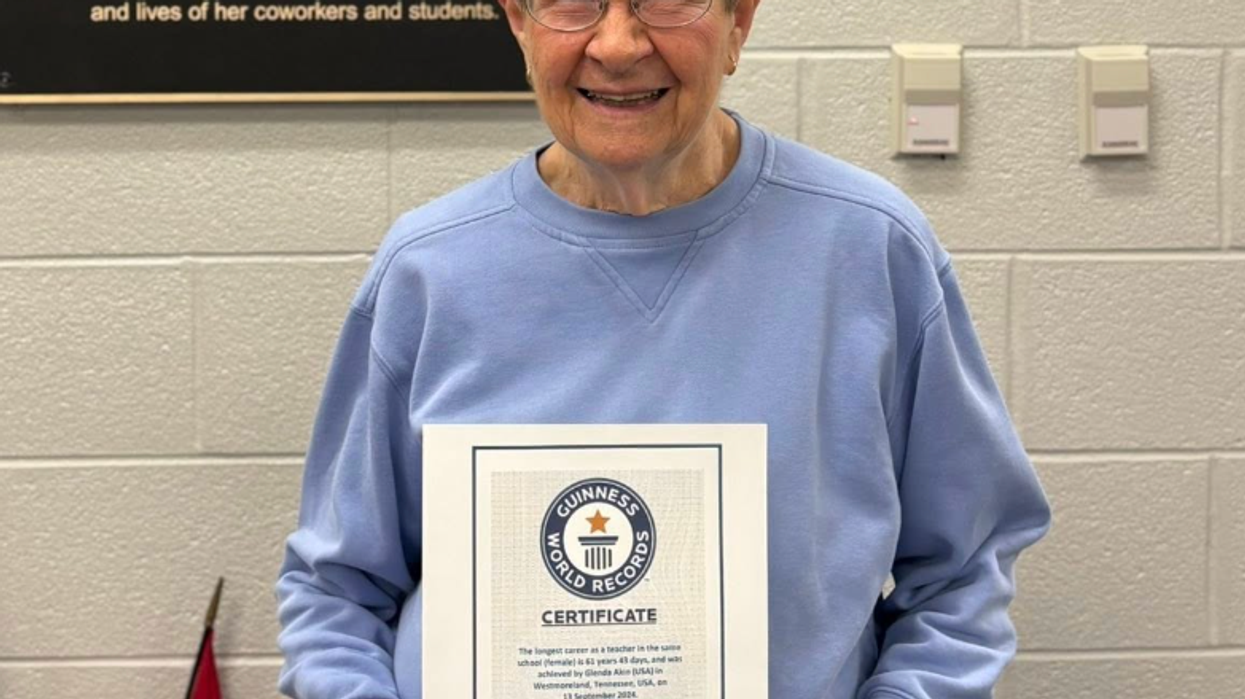

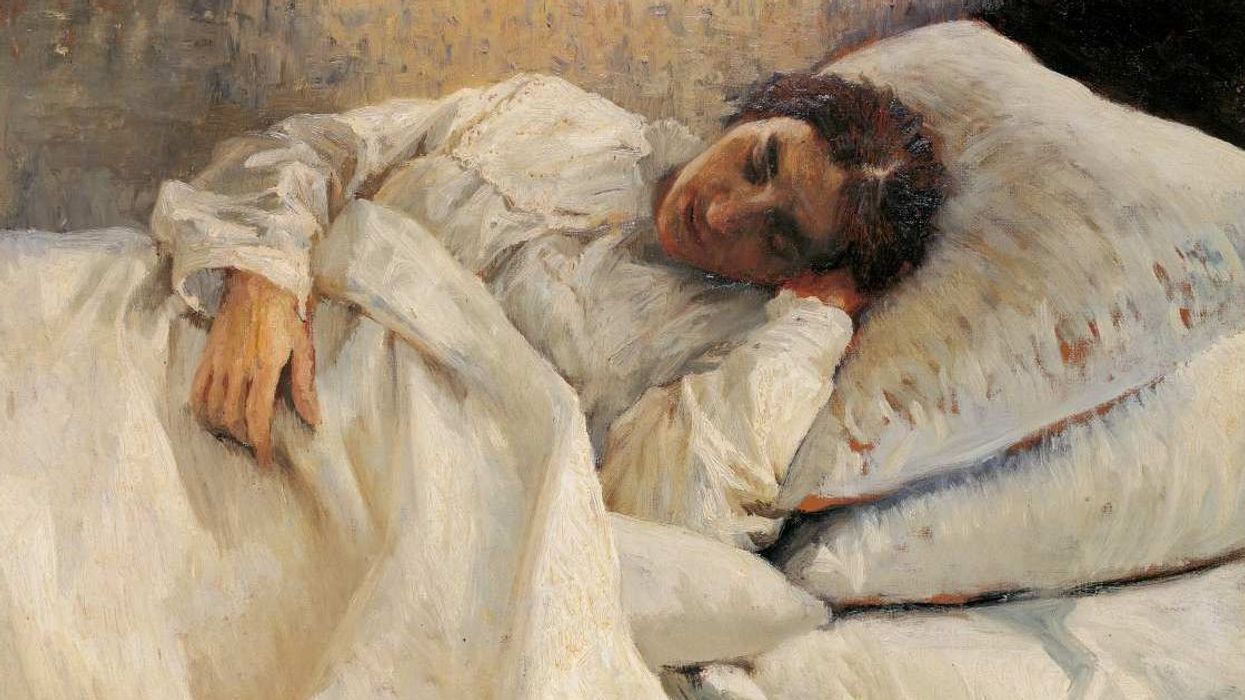





 Red Hot Chili Peppers bassist Flea at Lollapalooza Chile in 2014.Cancha General/
Red Hot Chili Peppers bassist Flea at Lollapalooza Chile in 2014.Cancha General/  Red Hot Chili Peppers bassist Flea at Rock in Rio Madrid in 2012.Carlos Delgado/
Red Hot Chili Peppers bassist Flea at Rock in Rio Madrid in 2012.Carlos Delgado/ 

 Gif of confused woman saying "OK"
Gif of confused woman saying "OK" A woman rejects a man's advancesCanva
A woman rejects a man's advancesCanva A couple kissingCanva
A couple kissingCanva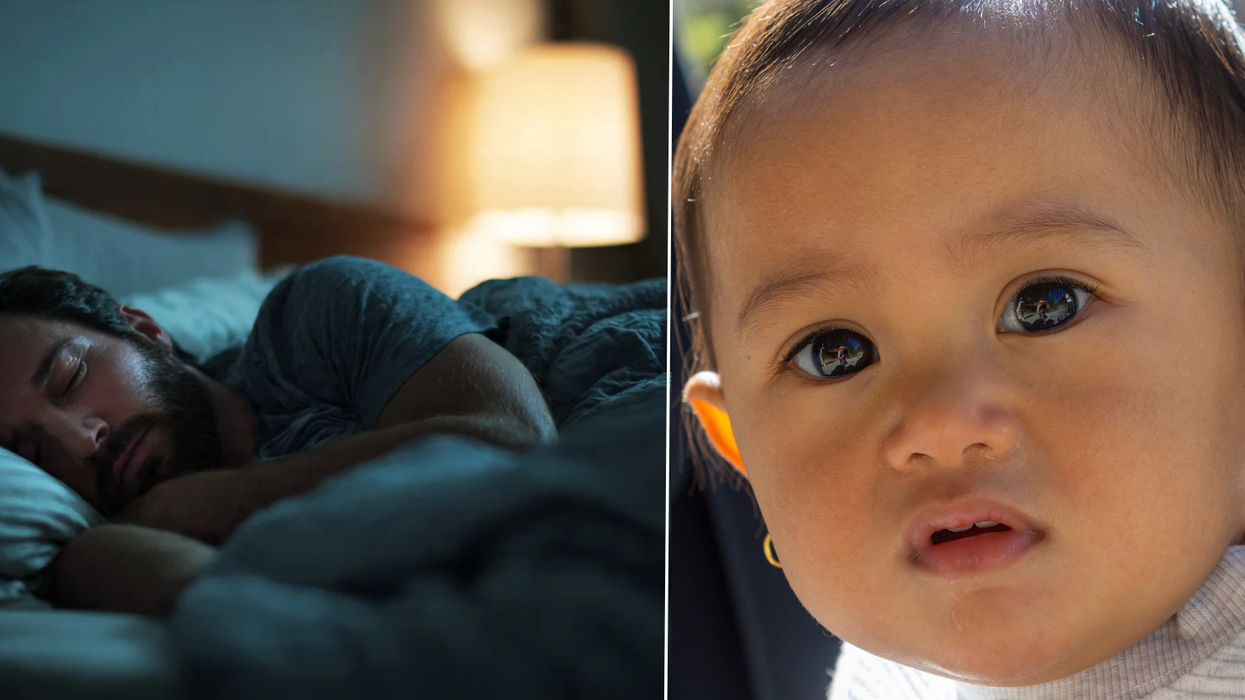
 A house on fireCanva
A house on fireCanva A smoke detector covered in smokeCanva
A smoke detector covered in smokeCanva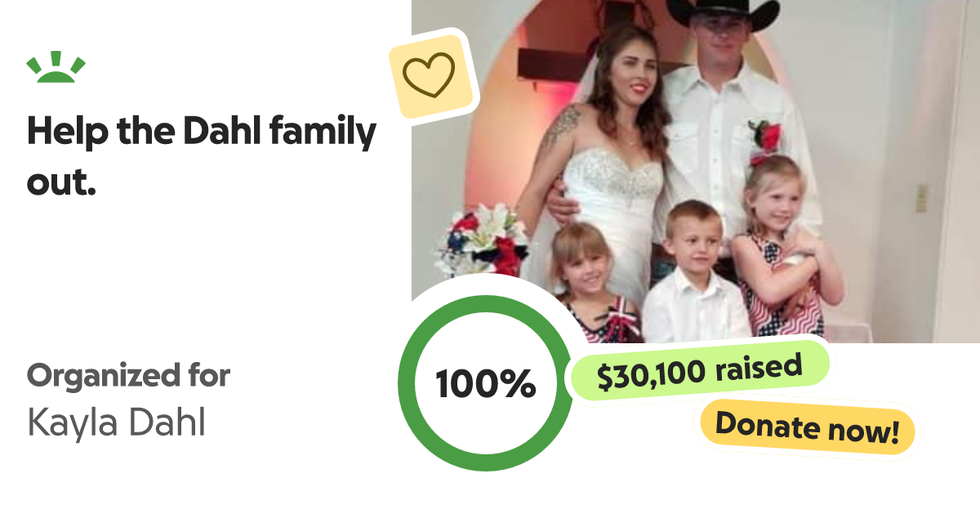 The Dahl family gofundme
The Dahl family gofundme 
 Mushrooms containing psilocybin.Photo credit:
Mushrooms containing psilocybin.Photo credit:  Woman undergoing cancer treatments looks out the window.Photo credit:
Woman undergoing cancer treatments looks out the window.Photo credit: 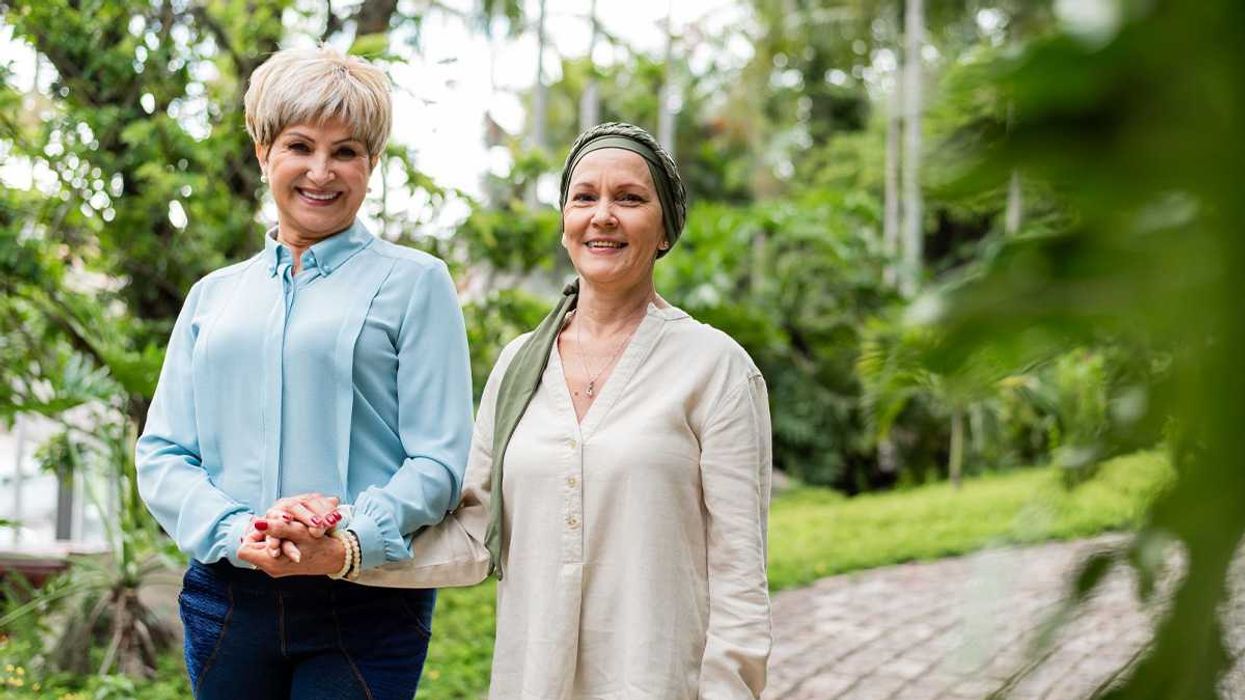 Friend and patient on a walk.Photo credit:
Friend and patient on a walk.Photo credit: 
 A smiling couple. Photo credit:
A smiling couple. Photo credit:  Feeding each other ice cream.Photo credit:
Feeding each other ice cream.Photo credit:  An intimate photograph of a couple.Photo credit:
An intimate photograph of a couple.Photo credit:  Playing with food.Photo credit:
Playing with food.Photo credit: 
 Bird searches for food on a beach.Photo credit
Bird searches for food on a beach.Photo credit 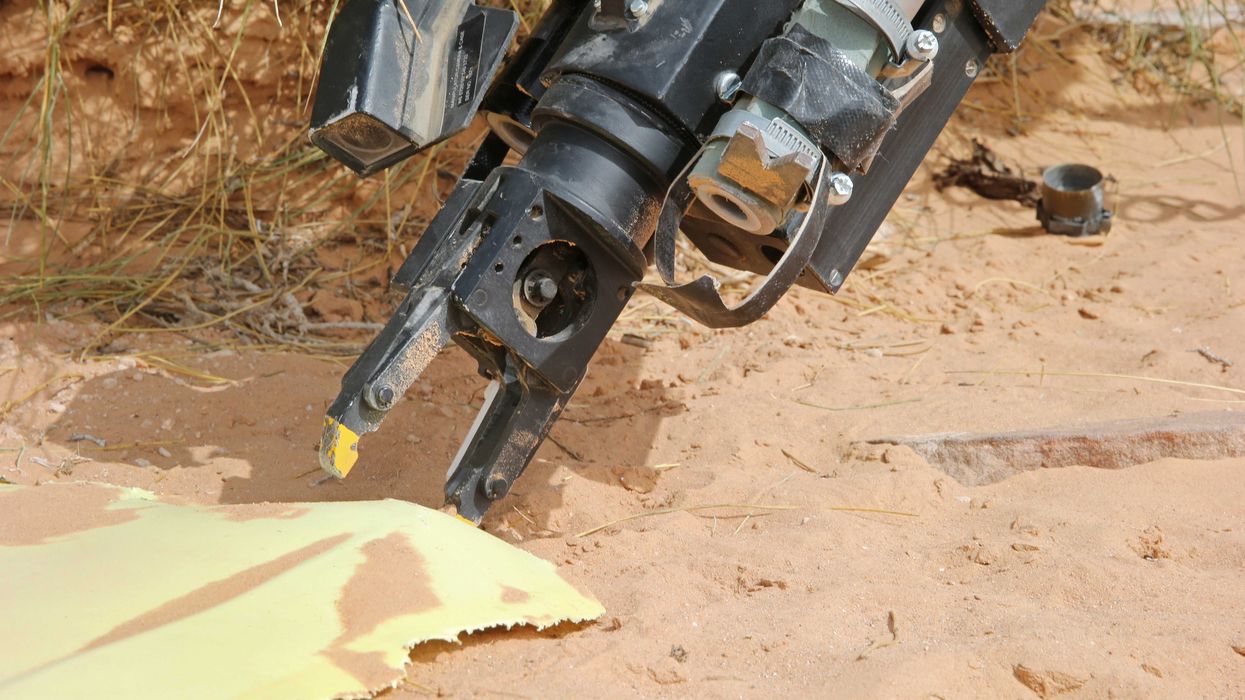 Articulating arm in sand.Graeme Main/
Articulating arm in sand.Graeme Main/  Woman arms stretched.Photo credit
Woman arms stretched.Photo credit 